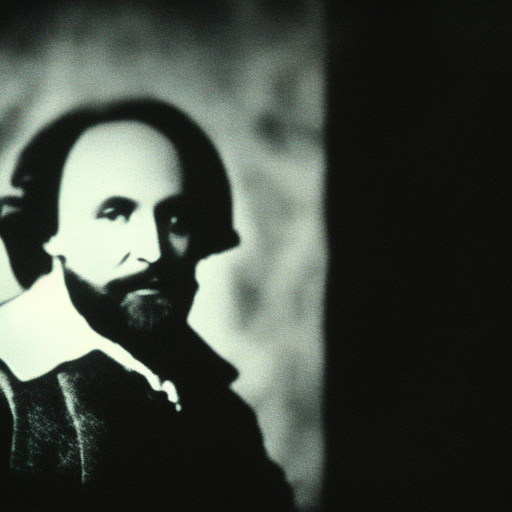Summary:
William Shakespeare was an English playwright, poet, and actor who is widely regarded as one of the greatest writers in the English language and the world’s pre-eminent dramatist. He was born in Stratford-upon-Avon, England, in 1564, and his works continue to be performed and studied today.
Early Life and Education:
Shakespeare was born into a middle-class family. His father, John Shakespeare, was a successful glove-maker and alderman, while his mother, Mary Arden, came from a wealthy landowning family. Shakespeare likely attended the local grammar school, where he would have received a classical education in Latin and Greek.
London and the Theater:
In the late 1580s, Shakespeare moved to London, where he became involved in the theater scene. He joined a company of actors known as the Lord Chamberlain’s Men, later renamed the King’s Men, and quickly gained recognition as both an actor and a playwright. His plays were performed at the Globe Theatre, a theater he co-owned.
Plays and Poetry:
Shakespeare wrote a total of 37 plays, including tragedies like “Hamlet,” “Macbeth,” and “Othello,” comedies like “A Midsummer Night’s Dream” and “Twelfth Night,” and histories like “Henry V” and “Richard III.” His plays explore a wide range of themes, including love, power, and the human condition. In addition to his plays, Shakespeare also wrote poetry, including sonnets that are still widely read and studied today.
Influence and Legacy:
Shakespeare’s works have had a profound influence on literature and theater. His plays are performed all over the world and have been translated into numerous languages. Shakespeare’s language and characters continue to resonate with audiences, and his plays are regularly studied in schools and universities. He is often referred to as the “Bard of Avon” and is considered the greatest writer in the English language.
Controversies and Authorship:
There have been debates and controversies surrounding Shakespeare’s authorship, with some suggesting that he did not write the plays attributed to him. However, the overwhelming consensus among scholars is that Shakespeare was indeed the author of his works. The evidence supporting his authorship includes contemporary references to him as a playwright and actor, as well as the publication of his plays during his lifetime.
Personal Life and Death:
Shakespeare married Anne Hathaway in 1582, and they had three children together. After his success in London, he returned to Stratford-upon-Avon, where he lived a comfortable life as a wealthy landowner. Shakespeare died on April 23, 1616, at the age of 52. He was buried in the Holy Trinity Church in Stratford-upon-Avon.
Conclusion:
William Shakespeare’s impact on literature and theater cannot be overstated. His plays and poetry continue to captivate audiences and inspire countless adaptations and interpretations. Shakespeare’s legacy as a master storyteller and wordsmith remains unparalleled, making him an enduring figure in the world of literature.












